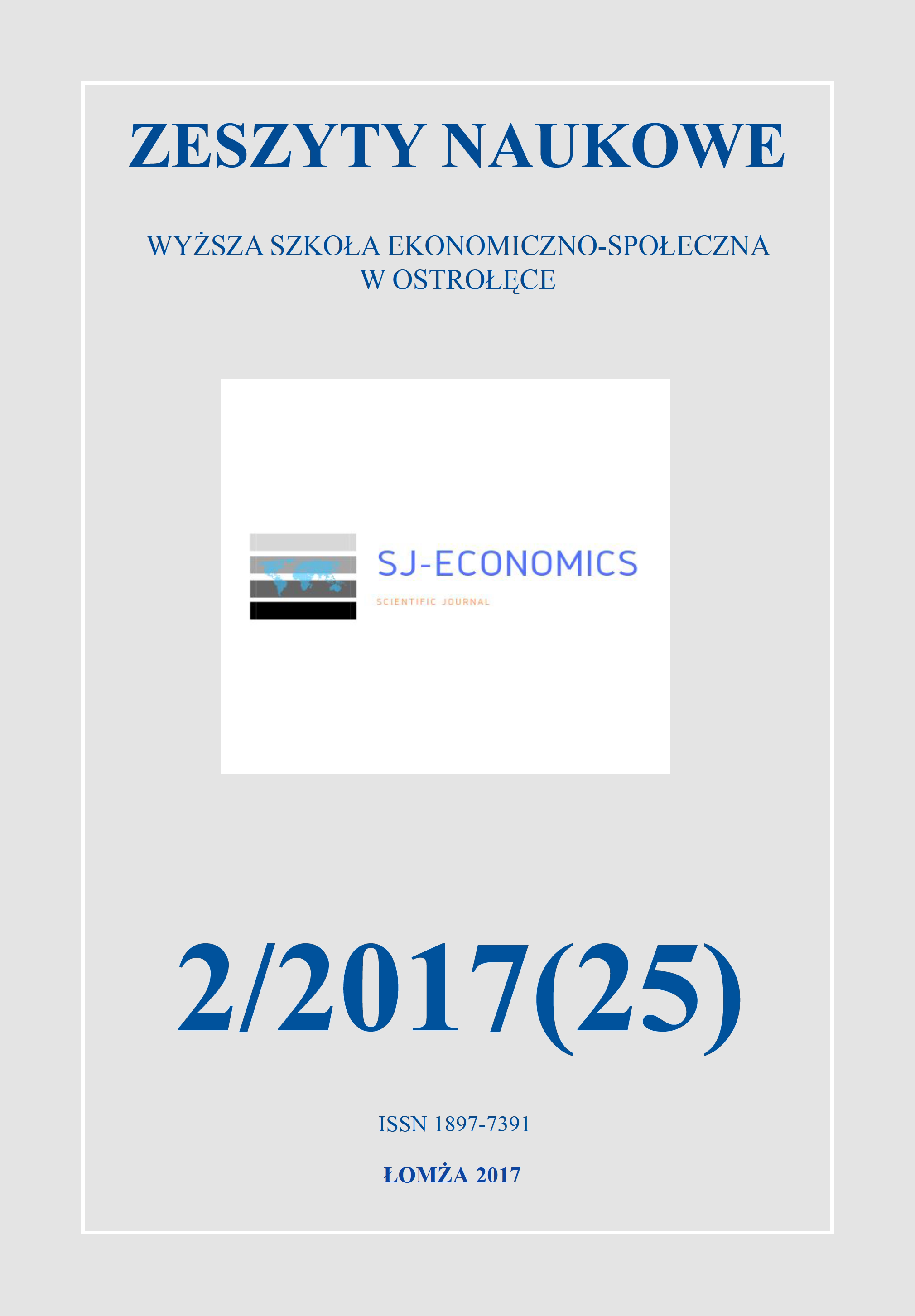BRAND AND EMPLOYER BRANDING
DOI:
https://doi.org/10.58246/sjeconomics.v25i2.207Keywords:
employer branding; functional gains; symbolic gains; well-known brand; wages; chances for advancement; equivalence of symbolic and functional gainsAbstract
In consumer goods theory, we often find the assertion that producers of recognizable brands may receive a price 40% higher for their product than producers of analogous unknown brands. The goal of the text is to analyze how the effect of various kinds of information about a company can balance its lower prestige. Configurations of two factors – opportunities for promotion and remuneration levels – were researched.
Data from a questionnaire study was collected from two demographically similar samples of ca. 50 potential employees in Poland, one group working for Coca Cola HBC and the second for “no-name” companies. The open questions showed that both groups of subjects declare they are influenced by similar groups of factors in choosing employers. Prestige of the employing company was not indicated by either group as a significant criterion for choosing a place of work.
The forced-choice questions showed that one of several criteria has to be met for over 50% of the respondents to choose to work for a “no-name” company: promotion opportunities must increase by at least 1/3; a managerial post with a 1000 zloty higher salary is on offer; or the salary offered must be at least 1000 zloty higher. As anticipated, Coca Cola employees expected more from a “no-name” company, if they were to start work for it. Finally, the study showed that Coca Cola employees would choose work for a less well-known company on condition that they are paid 54% more than their current salary, while subjects working for average (“no-name”) companies – 44% more. The study therefore confirms the suggestion that companies with recognizable brands can pay their employees and offer their candidates less than companies with less well-known brands. The study also showed that how the question is formulated is of significance for assessing whether candidates take a given criterion into consideration when choosing their place of work.
Published
Issue
Section
License
CC-By licence - allows a work to be copied, modified, distributed, presented and performance of a work only on the condition that the original author is credited. It is a licence guaranteeing the broadest freedoms for the licensee.


